Between 1943 and 1944, four great innovators of 20th century music—Igor Stravinsky, Aaron Copland, Paul Hindemith, and Darius Milhaud—performed in a series of “Composer’s Concerts” at the University of Chicago’s Mandel Hall.
Stravinsky interpreted the technically demanding, jagged Concerto for Two Pianos. Copland presented a series of newly composed film scores. The evenings even featured the world premiere of Hindemith’s 25-movement Ludus Tonalis—a late piano piece that showcased his innovative theories of musical scale and harmony.
These performances launched the inaugural season of UChicago Presents, which now celebrates its 80th season and carries on the tradition of bringing extraordinary performances and cutting-edge music to the University of Chicago.
“UChicago Presents has always been an innovative voice,” said Executive Director Sarah Curran. “It’s unique in terms of its breadth—showcasing chamber music, early music, world music, jazz and contemporary music.”
Since its origins bringing boundary-pushing classical performers to campus, the series expanded in recent years to feature jazz and musical traditions from around the globe—including China, Korea, India, Iraq, Puerto Rico, Georgia, and other countries.
The series has also served as a home for unexplored and unusual genres, including Medieval, Renaissance and early Baroque music. Fans of early classical music travel far to hear arrangements heard by 17th-century French kings, or rare instruments like the baryton—a bowed string instrument that has rarely been heard since the 18th century.
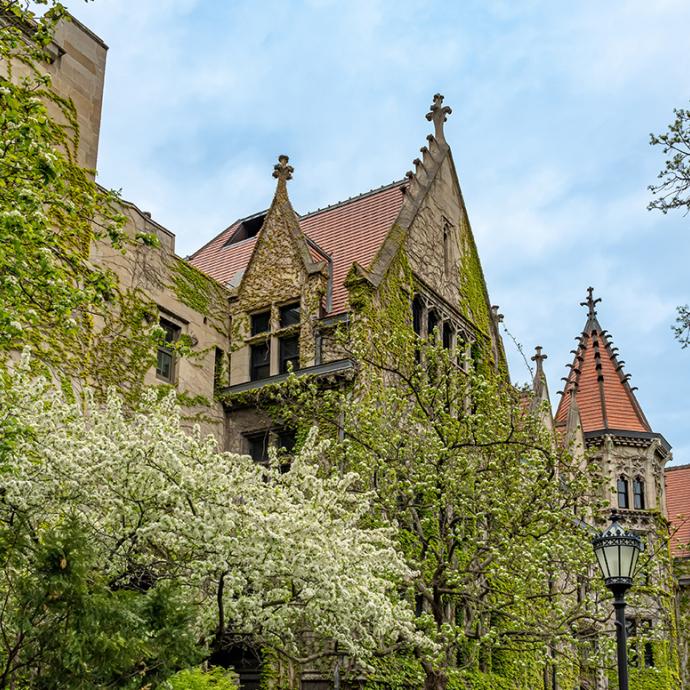
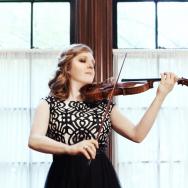
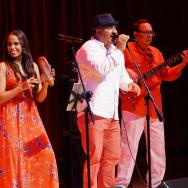
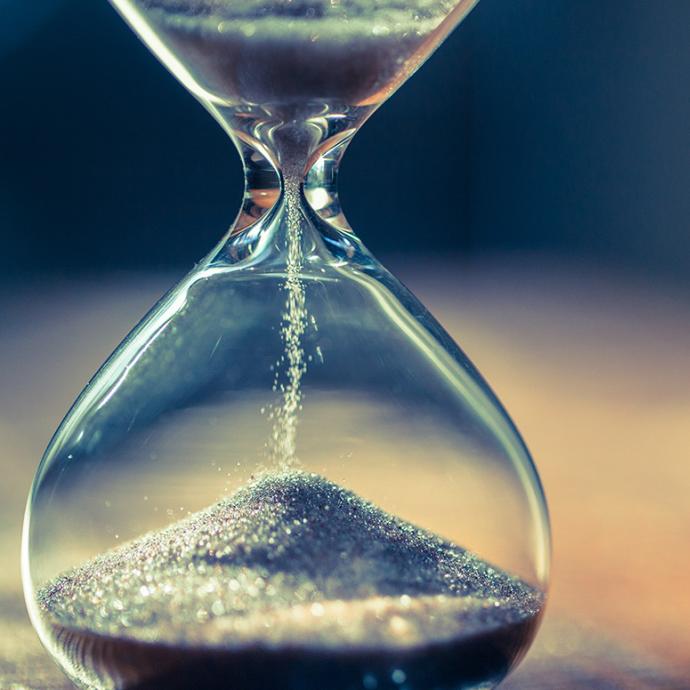
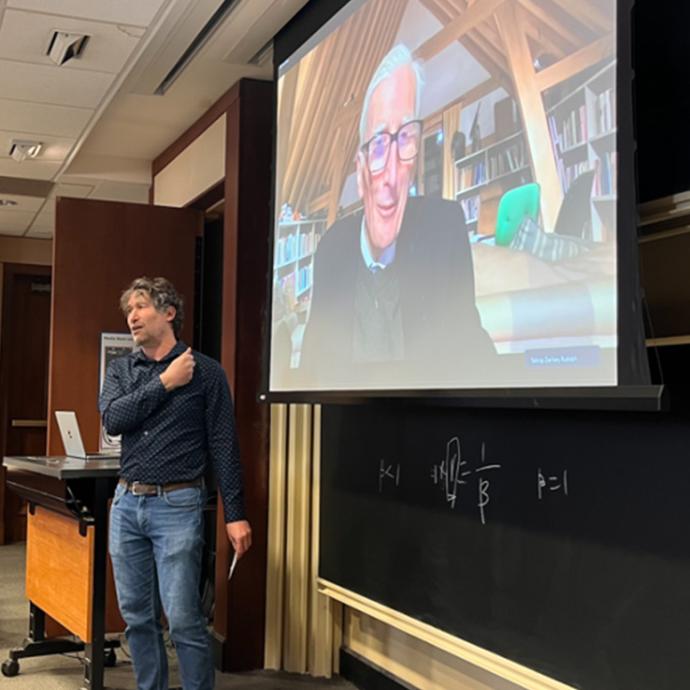
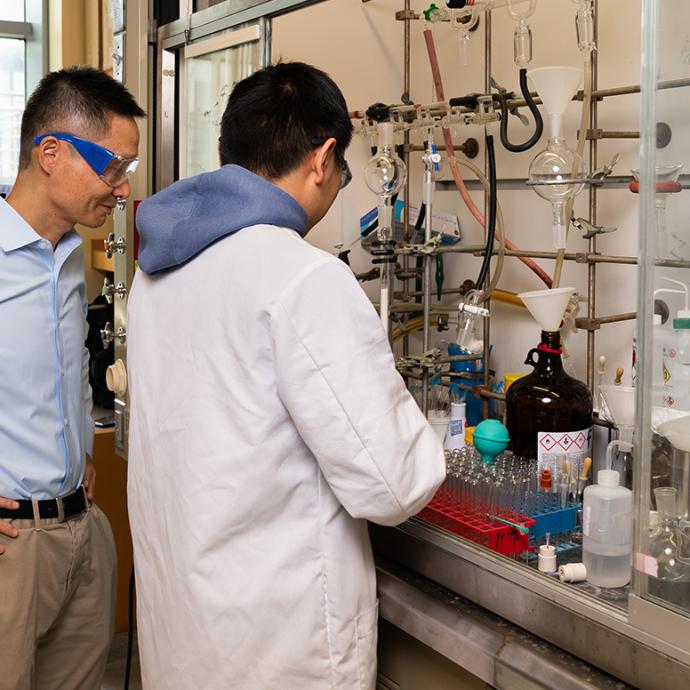

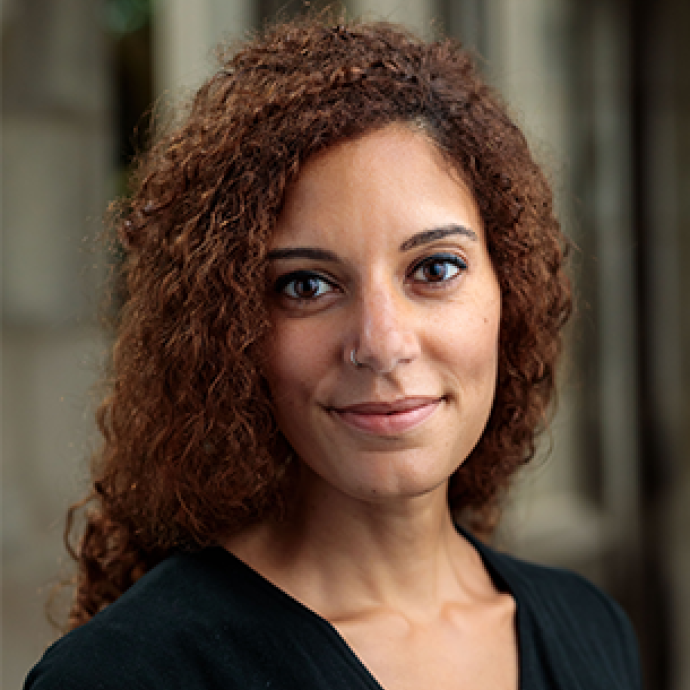
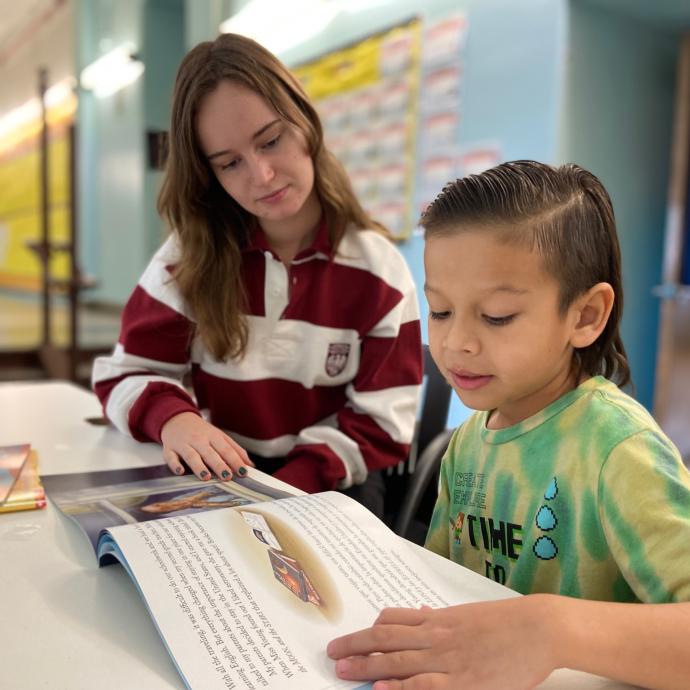


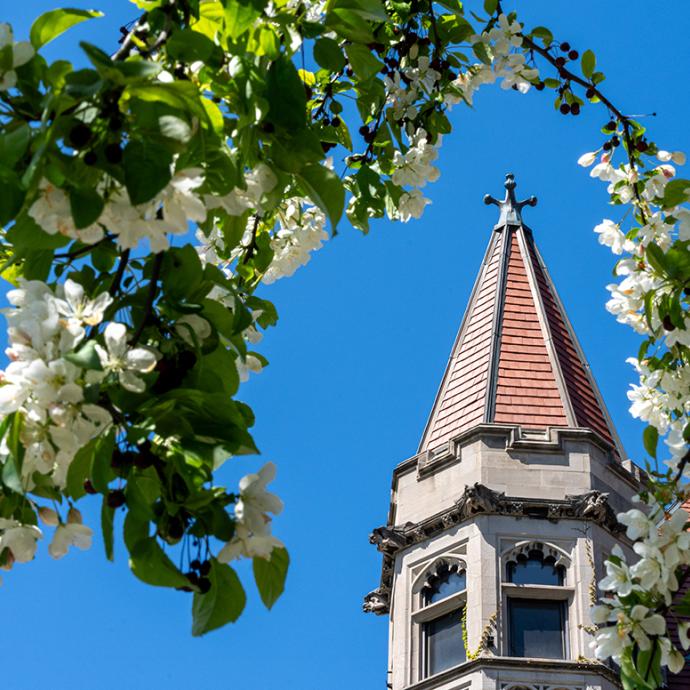
 —Prof. Chuan He
—Prof. Chuan He
